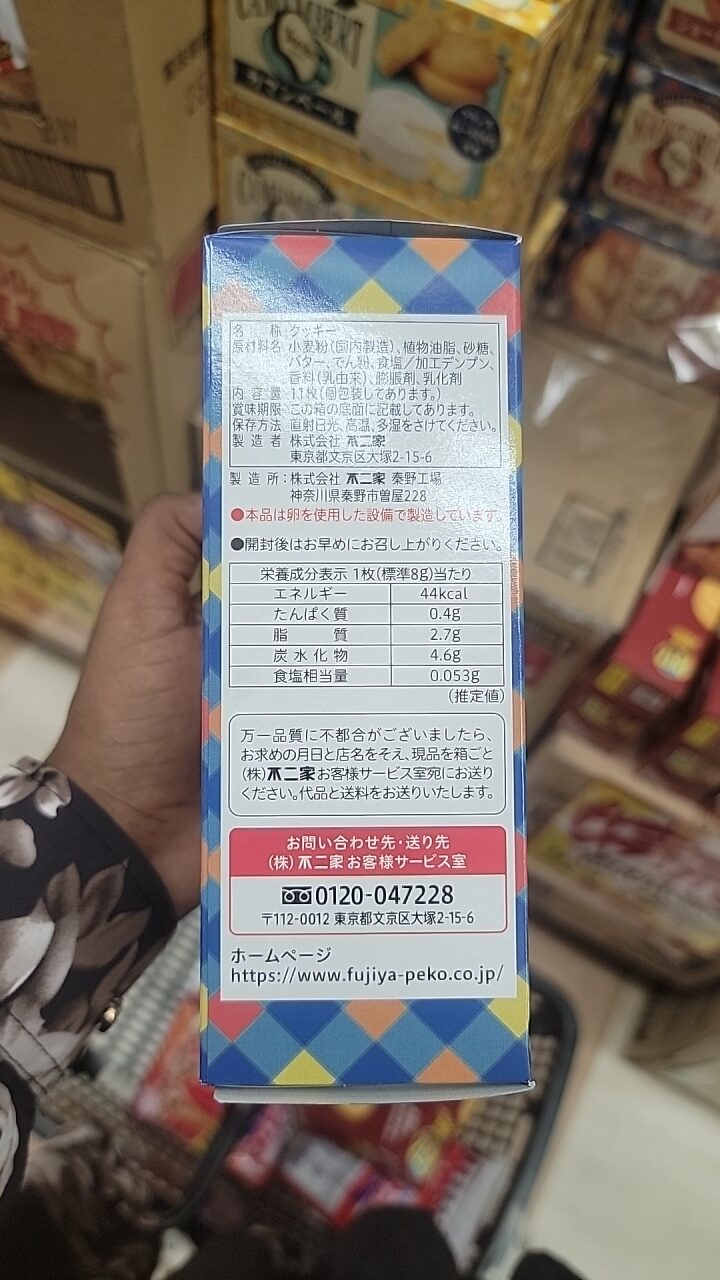
Barcode: 942555277950
クッキー
HALAL
📝 Reason: All base ingredients such as wheat, vegetable oil, sugar, starch, salt, and baking powder are Halal. However, ‘香料 (flavouring)’ and ‘乳化剤 (emulsifier)’ often come from both plant and animal sources and may involve alcohol or enzymes. Islamic jurisprudence requires certainty regarding these sources (Quran 5:3). Without Halal certification or detailed sourcing, these ingredients must be marked Doubtful per IFANCA and global Halal standards.
🏷️ Category: Cookies
📄 Certificates: None
Ingredients:
Details
Understanding the Halal Status of クッキー
As the demand for Halal products continues to grow, consumers are often faced with the question: Is クッキー Halal? This article will delve into the Halal status of this delicious cookie, examining its ingredients and the significance of Halal certification.
The Importance of Halal Certification
Halal certification ensures that food products meet the dietary laws outlined in Islamic teachings. It provides assurance to consumers, especially those adhering to Islamic dietary restrictions, that the food they consume is permissible according to their faith. In the case of クッキー, it is crucial to look closely at its ingredients.
Breakdown of Ingredients in クッキー
クッキー is made with the following main ingredients:
- 小麦粉 (Wheat flour): This plant-based ingredient is inherently Halal as long as it’s not contaminated with Haram substances.
- 植物油脂 (Vegetable oils and fats): Generally Halal unless processed with Haram additives. This is essential for maintaining the integrity of the cookie.
- 砂糖 (Sugar): Refined sugar is typically Halal, although care should be taken to ensure it is not processed using bone char from non-Halal animals.
- バター (Butter): Butter is deemed Halal if it contains no non-Halal additives. In Japan, animal enzymes are rarely used, making it a safe choice.
- でん粉 (Starch): Similar to flour, starch is derived from plants or grains and must be uncontaminated.
- 食塩 (Salt): Plain food-grade salt is Halal.
- 加工デンプン (Modified starch): This ingredient should also be derived from vegetable origins and free from Haram substances to be considered Halal.
- 香料 (Flavouring): This ingredient is problematic as it can be of unknown origin, potentially containing animal derivatives or alcohol. Without explicit Halal certification, it is considered ‘Doubtful.’
- 膨脹剤 (Leavening agent, Baking powder): Generally Halal, as it consists mainly of sodium bicarbonate and acids.
- 乳化剤 (Emulsifier): Emulsifiers can be derived from either plant or animal sources. Unless specified as Halal or plant-based, they are often viewed as ‘Doubtful.’
The E-Numbers and Their Ingredients
Below is a detailed examination of the E-numbers and ingredients that could influence the Halal status of クッキー:
- E-Number Breakdown:
- Wheat flour: Status: Halal … Read more here.
- Vegetable oils and fats: Status: Halal … Read more here.
- Sugar: Status: Halal … Read more here.
- Butter: Status: Halal … Read more here.
- Starch: Status: Halal … Read more here.
- Salt: Status: Halal … Read more here.
- Modified starch: Status: Halal … Read more here.
- Flavouring: Status: Doubtful … Read more here.
- Baking powder: Status: Halal … Read more here.
- Emulsifier: Status: Doubtful … Read more here.
Conclusion: Your Choice Matters
In summary, while the base ingredients of クッキー are Halal, the potential risks arise from flavouring and emulsifiers, which may not be clearly defined. Without Halal certification, these ingredients remain a source of uncertainty. For consumers seeking assurance that their snacks align with Halal standards, it’s advisable to look for products with recognized Halal certification. Making informed choices is key to adhering to dietary laws and maintaining a Halal lifestyle.
